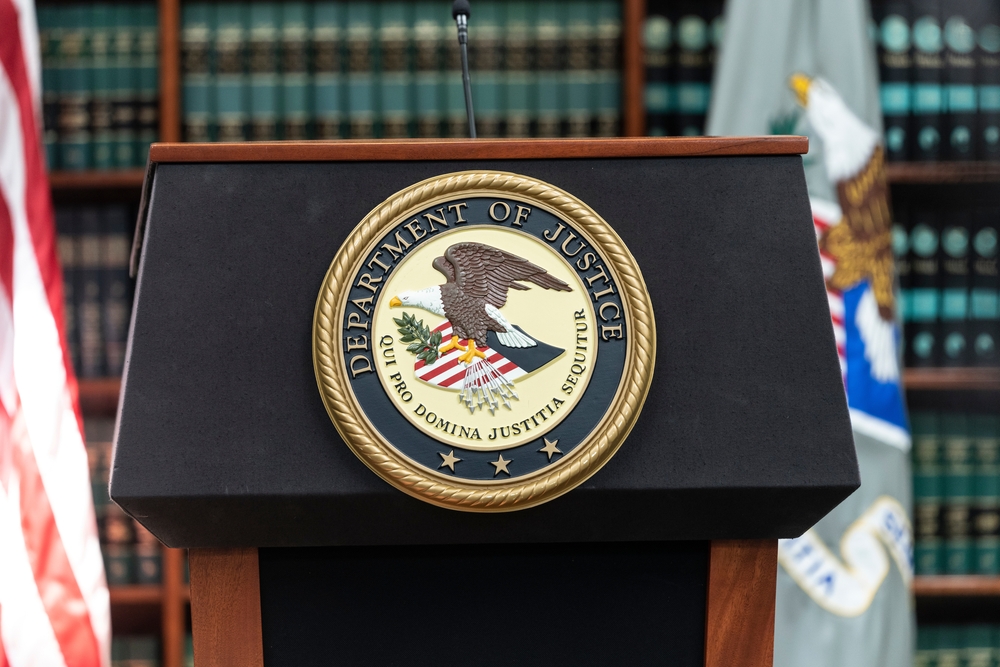 By Editorial Board
By Editorial Board
Denver Post
Privacy in electronic communications stands in a precarious position, and the U.S. Senate this week might take another shot at knocking it off its perch.
Last week, the Senate came two votes shy of agreeing to permit the FBI to track Americans online without any oversight or due process. An amendment to a federal spending bill sponsored by Sen. John McCain, R-Ariz., would allow the FBI to see whom you e-mail and what websites you visit without bothering to get a warrant.
The FBI already has adequate tools to investigate suspected terrorists and other criminals. Agents need only go to a judge, produce evidence for reasonable suspicion, and they’ll get a warrant faster than a defense attorney can shout “Fourth Amendment.” There’s even an exception for imminent threats.
Law enforcement and nosy federal agencies repeatedly have demonstrated that they cannot be trusted to use these sorts of powers without judicial oversight. The National Security Agency conducted a covert national surveillance system involving e-mail and phone calls. And on a more mundane level, local, state and federal law enforcement insisted they could attach GPS trackers to people’s cars without a warrant until the U.S. Supreme Court declared it unconstitutional.
Supporters of such invasions of privacy hold up ideals of public safety and fighting terrorism to justify their cause. For them, nearly any sacrifice of liberty is acceptable to reduce danger, real or hypothetical.
The most shameless among them invoke tragedies as cover.
“Our failure to act to grant this authority, particularly in the wake of this terrible tragedy in Orlando, would be inexcusable,” Senate Majority Whip John Cornyn, R-Texas, said about McCain’s amendment.
To read more click here.





